
Aegis Living Greenwood
10000 Holman Road NW, Seattle, WA 98177
Assisted Living , Memory Care

10000 Holman Road NW, Seattle, WA 98177
Assisted Living , Memory Care
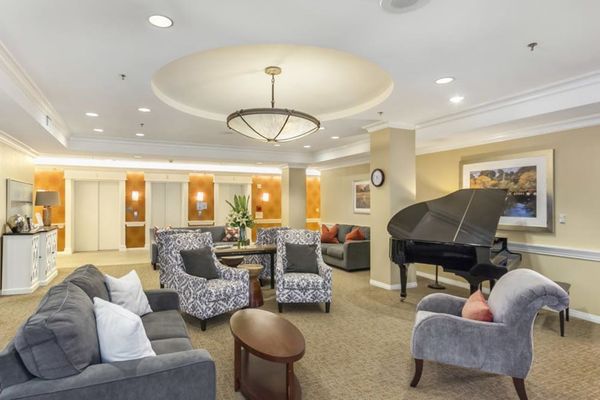
1421 Minor Avenue, Seattle, WA 98101
Assisted Living , Memory Care , Independent Living

2900 3rd Avenue West, Seattle, WA 98119
Assisted Living , Memory Care
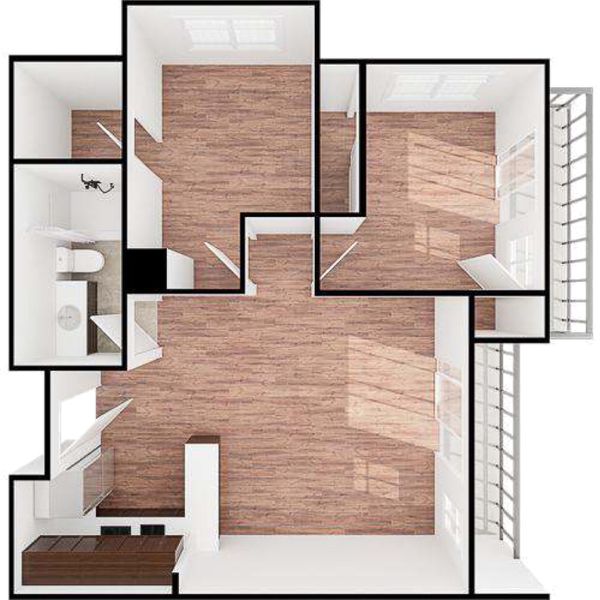
805 4th Avenue North, Seattle, WA 98109
Assisted Living , Independent Living
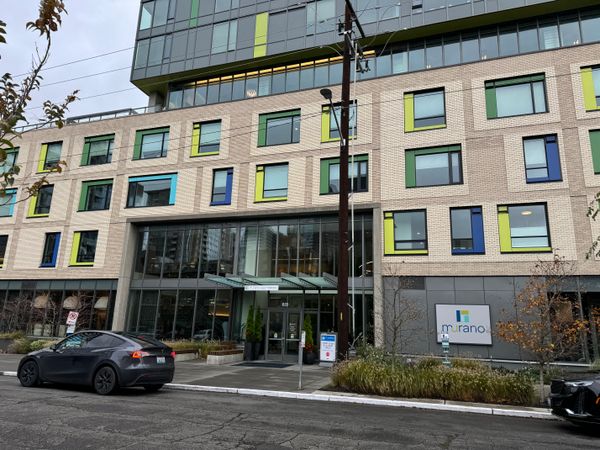
620 Terry Avenue, Seattle, WA 98104
Assisted Living , Memory Care , Independent Living

2200 East Madison Street, Seattle, WA 98112
Assisted Living , Memory Care

4700 Southwest Admiral Way, Seattle, WA 98116
Assisted Living , Memory Care
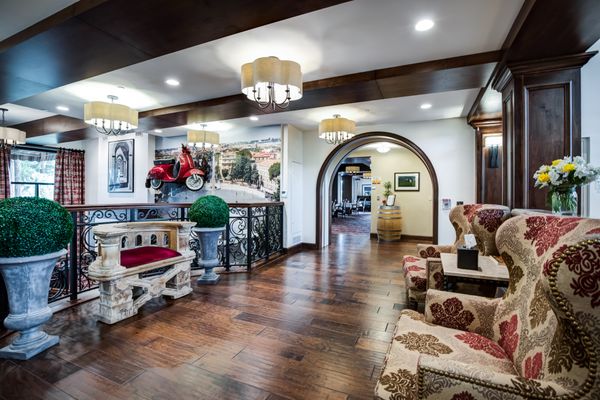
8511 15th Avenue NE, Seattle, WA 98115
Assisted Living , Memory Care
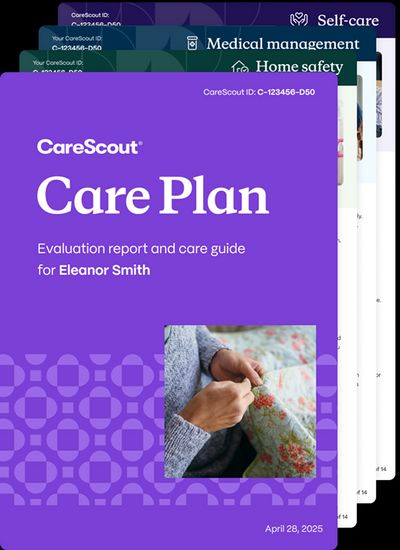
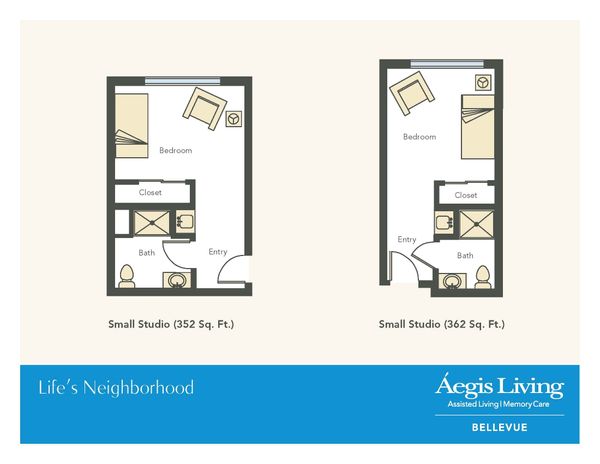
148 102nd Avenue SE, Bellevue, WA 98004
Assisted Living , Memory Care
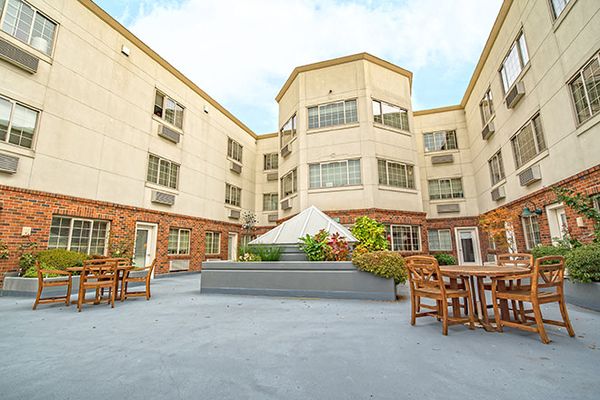
2326 California Avenue SW, Seattle, WA 98116
Assisted Living , Independent Living

2418 Northwest 56th Street, Seattle, WA 98107
Assisted Living , Memory Care , Independent Living
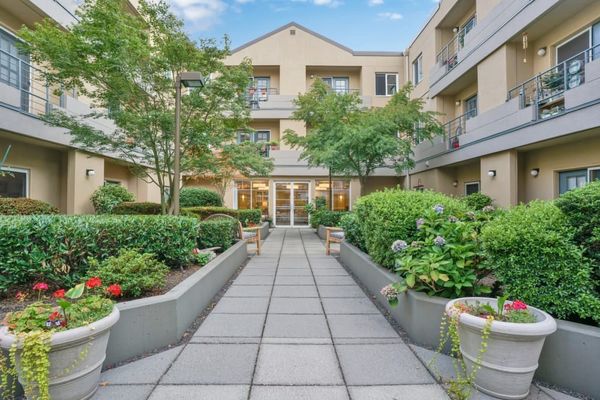
7810 Southeast 30th Street, Mercer Island, WA 98040
Assisted Living
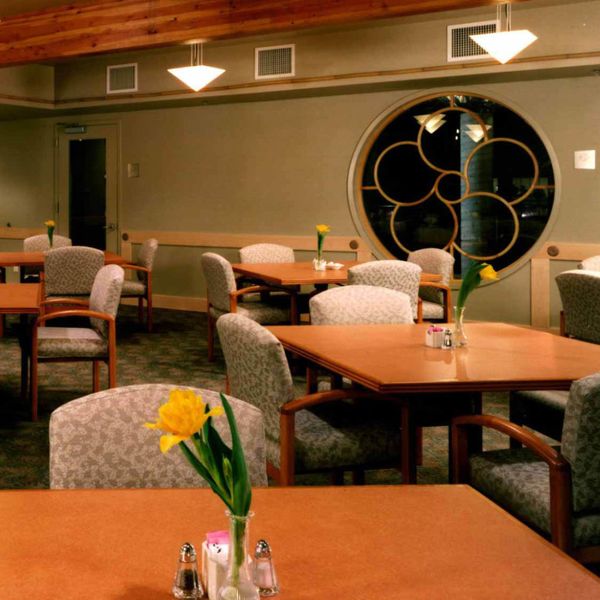
700 6Th Avenue S, Seattle, WA 98104
Assisted Living , Memory Care
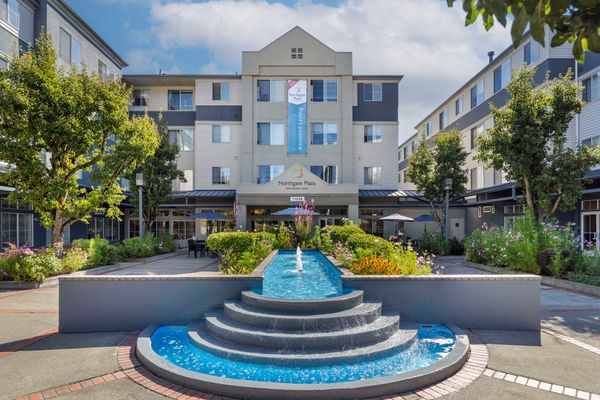
11030 5th Avenue Northeast, Seattle, WA 98125
Assisted Living

14900 1st Avenue Northeast, Shoreline, WA 98155
Assisted Living
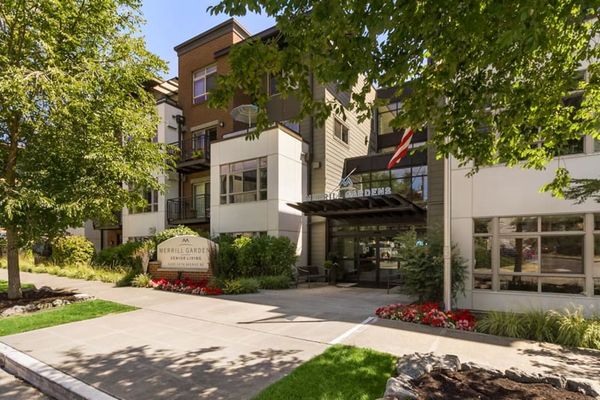
5300 24th Avenue Northeast, Seattle, WA 98105
Assisted Living , Independent Living
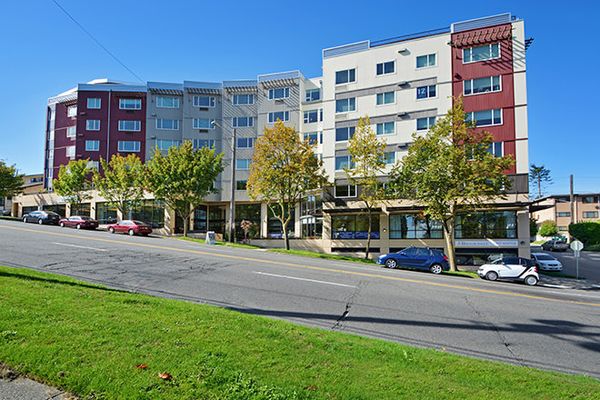
4611 35th Avenue SW, Seattle, WA 98126
Assisted Living , Independent Living
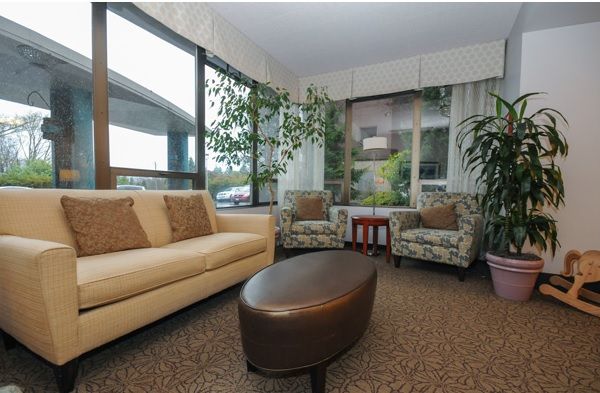
4831 35th Avenue SW, Seattle, WA 98126
Assisted Living , Skilled Nursing Facility
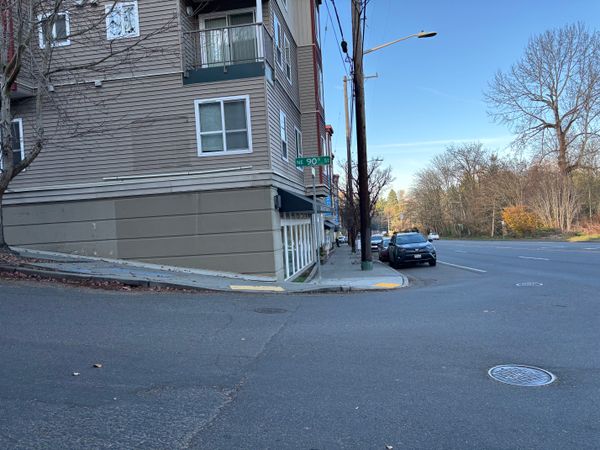
9001 Lake City Way NE, Seattle, WA 98115
Assisted Living , Memory Care
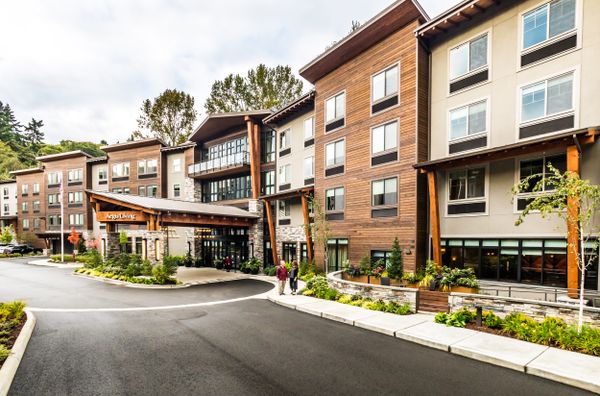
7445 Southeast 24th Street , Mercer Island, WA 98040
Assisted Living , Memory Care
The figures below show the average monthly starting costs for assisted living of nearby cities. Keep in mind that these figures are an average, and that the numbers used to calculate it spanned a wide range. In fact, Seniorly data suggests that most families will underestimate their monthly budget by almost 20%, meaning that once inclusions and services are factored in, they can actually afford more than they originally thought.
Very good
Seniorly Community Score
The Seniorly Community Score is a comprehensive and unbiased rating system that takes into account multiple factors crucial to senior living quality. We've meticulously analyzed thousands of senior living communities across the country to create an innovative and accurate assessment of each community's strengths and offerings. The Seniorly Community Score employs a user-friendly scale from 1 to 10, with 10 signifying an exceptional senior living community and 1 representing the lower end of quality, ensuring an easy-to-understand and transparent evaluation for families.
For active older adults who want to downsize to a home in a retirement community but don't need help to live independently.
A supervised and secured community designed to support engagement and quality of life for residents living with dementia.
For residents who want to age in place as their care needs change—from Independent Living to nursing care. Requires a buy-in fee.
For seniors with more serious medical needs who require skilled care following a hospitalization, illness, or surgery. Nursing Homes are also known as skilled nursing facilities.
Homes in residential neighborhoods that are equipped and staffed to provide daily care for a small number of residents.
Get access to personalized senior living and care options.